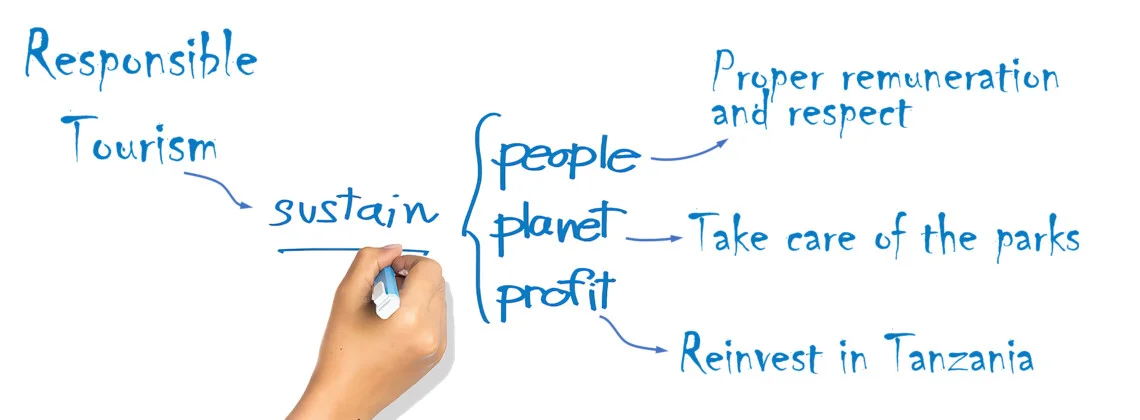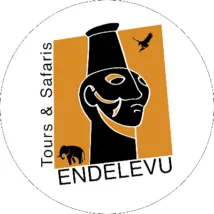ENDELEVU in Swahili means "Sustainable".
It is not only part of our company name, but also our mission to achieve with our guests Responsible & Sustainable Safaris.
Tanzania is known for its vast landscapes, diverse wildlife, and breathtaking natural beauty.
It is one of the most popular destinations in Africa for safari tours, drawing in thousands of visitors each year.
However, as tourism grows, so does its impact on the environment.
To ensure the preservation of Tanzania's ecosystem and support the local communities, sustainable safaris are becoming increasingly popular. In this article, we will discuss the concept of sustainable safari in Tanzania and how it benefits both the environment and the local communities.
Endelevu Values
Sustainability First
We protect wildlife, conserve habitats, and operate in ways that ensure future generations can experience Africa’s natural beauty.
Respect for Nature and People
We treat all living beings with care, dignity, and consideration, ensuring our activities leave a positive impact.
Authentic Experiences
We offer meaningful encounters with nature, cultures, and landscapes, prioritizing genuine connection over mass tourism.
Safety and Wellbeing
We put the safety and comfort of our guests, guides, wildlife, and communities at the heart of all we do.
Local Empowerment
We work with local communities, supporting livelihoods and fostering skills that benefit people and nature alike.
Continuous Learning
We promote curiosity, knowledge-sharing, and understanding of the natural world to inspire responsible travel.
Integrity and Transparency
We operate with honesty, fairness, and clear communication in everything we do.
Inclusive and Neutral
We welcome guests, partners, and team members of all backgrounds. We do not promote or endorse any political agendas, religious beliefs, or racial distinctions. Our focus is on shared respect, curiosity, and love for nature.



